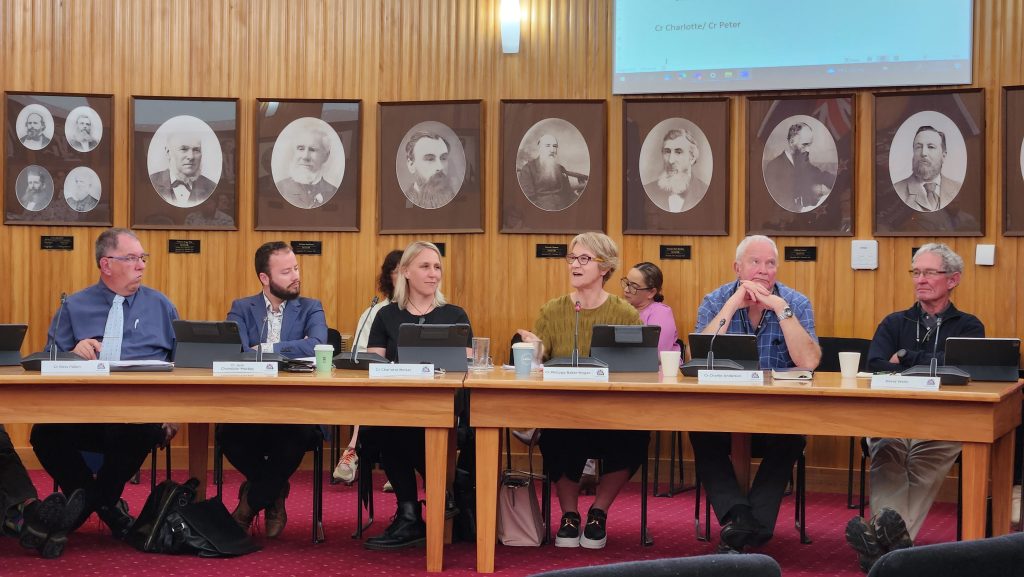
By Moana Ellis, Local Democracy Reporting
The Local Government Commission will make the final decision on Whanganui District Council’s representation arrangements after seven appeals were received.
The council has completed its part of the representation review process and the appeal period for the representation review has closed.
The seven appeals have been forwarded to the Local Government Commission.
The Commission will review the appeals and make the final decision on representation arrangements for the local elections on 11 October 2025. The decision is expected by 10 April.
Local authorities are required by the Local Electoral Act 2001 to review their representation arrangements at least once every six years to achieve fair and effective representation.
A representation review considers the total number of councillors there should be for the district or region and the way they are elected.
This can include deciding whether councillors are elected from wards or ‘at large’ across the whole district, or by a mix of both.
10 ‘General’ and 2 ‘Māori’ ward councillors
The Whanganui council has proposed 12 councillors – 10 from the General ward and two from the Māori ward – and one mayor.
Also considered are ward and constituency boundaries, and their names.
For territorial authorities, the review also looks at whether there should be community boards, how many, their names and boundaries, the number of board members and whether the board area should be subdivided for electoral purposes.
The Whanganui council has proposed retaining seven members on Whanganui Rural Community Board, representing the Whanganui, Kai Iwi and Kaitoke subdivisions.
Anyone can make a submission on a council’s proposal. If no submissions are received, the proposal becomes the basis for election.
If the council receives submissions, the council may change its proposal as a result. If a submitter is not satisfied with the council’s final proposal, they can appeal against it. If a council changes its proposal, anyone can object to those changes whether or not they made a submission.
Where there are no appeals or objections, the council’s proposal becomes the basis of election.
If appeals or objections are received, the council must refer its proposal to the Local Government Commission for determination by 11 April of the election year.
Awa FM – Te Reo Irirangi o Whanganui
For more of our people, our stories, our way, click News or follow us on Facebook.
